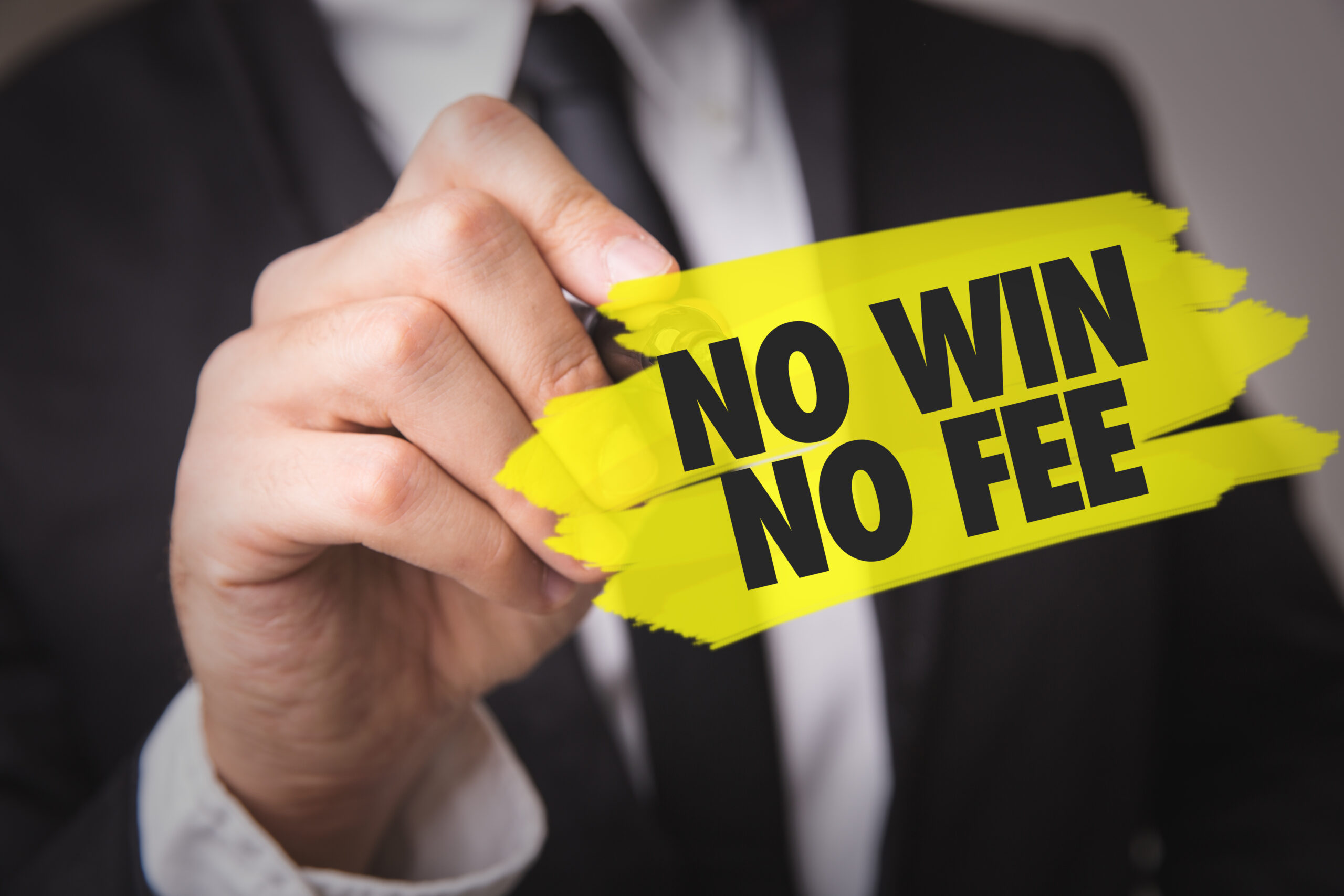As many as roughly 2.8 million people across the U.S. are hurt on the job every year. A work injury can wreak havoc on your personal and professional life. After a work-related accident you may be facing the unpleasant reality of mounting debt from unpaid medical bills, and missing out on work while you recover.
Getting benefits from workers’ compensation can help get you back on track. Florida and Georgia use a no-fault workers compensation system. “No-fault” means that you don’t have to show that your employer acted recklessly to receive benefits. Regardless of the circumstances surrounding your work injury, you are eligible to receive assistance for any incident that happens on the job.
Worker’s Comp benefits include:
- Payments for wage loss (temporary disability benefits)
- Training or education for a new line of work (vocational rehabilitation)
- Compensation for amputation or other permanent conditions (impairment benefits)
- Assets to assist with necessary medical care
Still, a large amount of workers’ compensation denials occur for easily avoidable reasons. If you’ve been injured on the job, hiring an attorney who understands workers’ compensation can help improve your process.
Taking the Right Steps After Work Related Injuries
Taking the right steps after a workplace injury can go a long way toward a seamless workers’ compensation process. Getting workers’ compensation benefits involves following many complicated steps. But correctly following these steps can help ensure your chances of getting your benefits.
Seek Medical Care
After an accident, it is essential to get medical care for your injuries. Regardless of how you feel, you may have injuries that are not apparent. Make sure you visit a doctor or provider authorized by your employer. When visiting the doctor, make it clear to the doctor that the injury was work-related. Be thorough in the description of your symptoms and talk about what caused your accident. Ask for documentation of your injuries and keep these in a safe place.
Record Details
Record any relevant information about your accident. Write down what happened and the exact circumstances that led to the accident. Take pictures of the scene and get statements — either in writing or recorded on your phone — from any witnesses. Keep copies of these assets for your records.
Notify Employer
You must notify your employer about your injury. Even if they helped get your medical care after the accident, make sure you inform them in writing. Likely your employer has an appropriate contact for these claims that they will be able to provide for you.
File a Claim
Next, you should file a worker’s compensation claim with your insurance. Fill out any forms provided by the insurance company and file the claim. Make sure you do this as soon as possible because there may be limited windows to report issues.
What Should I do If My Injury is Due To A Work-Related Illness?
If your injury is due to exposure to toxic substances at your workplace over time, it can be harder to pinpoint the exact time your workplace compromised your health. Occupational diseases like mesothelioma or black lung are harder to diagnose. Once diagnosed, you have a limited time frame to give your employer and their insurance notice about your job-related afflictions.
What If My Workers’ Comp Claim is Denied?
Unfortunately, insurance companies and employers do not always support workers seeking compensation. Their reluctance can make getting help a more involved process than it needs to be. If you have followed these steps and still had your claim denied, enlisting a worker’s comp attorney could help your case. Even after your workers’ comp claim is denied, you can still file an appeal to have your case reviewed.
Your formal appeals process begins when you file with your state’s workers’ compensation board. In Florida and Georgia, these are the Florida Division of Workers’ Compensation or the Georgia State Board of Workers’ Compensation. Ensure you file your appeal as soon as possible because these entities have limited windows for submitting petitions.
After this step, you will have the opportunity to meet for a mediation session to resolve any disputes. Finally, the case proceeds to a judge. During this step, your lawyers will argue on your behalf.
Once it’s all said and done, even if the judge does not rule in your favor, you can appeal the judge’s decision. There’s a lot of complicated steps involved in filing an appeal. Hiring an attorney can help you gather persuasive evidence and deliver a compelling case.
Contact A Florida and Georgia Workers’ Comp Attorney
After a work-related accident, seeking the money you deserve can feel like an uphill climb. On top of recovering from an injury, you may be dealing with mounting debt and missing time from work during this difficult time. Getting the justice you deserve involves filling out paperwork and meeting tight deadlines. After a workers’ comp claim denial, you may face having to navigate an appeals process with complex legal challenges.
It is your right to seek fair compensation. Contacting a Florida workers’ comp attorney with a proven record of winning cases can help improve your odds of winning a case. Get in touch with the workers’ comp lawyers at Farah & Farah for your free, no-obligation case review.













